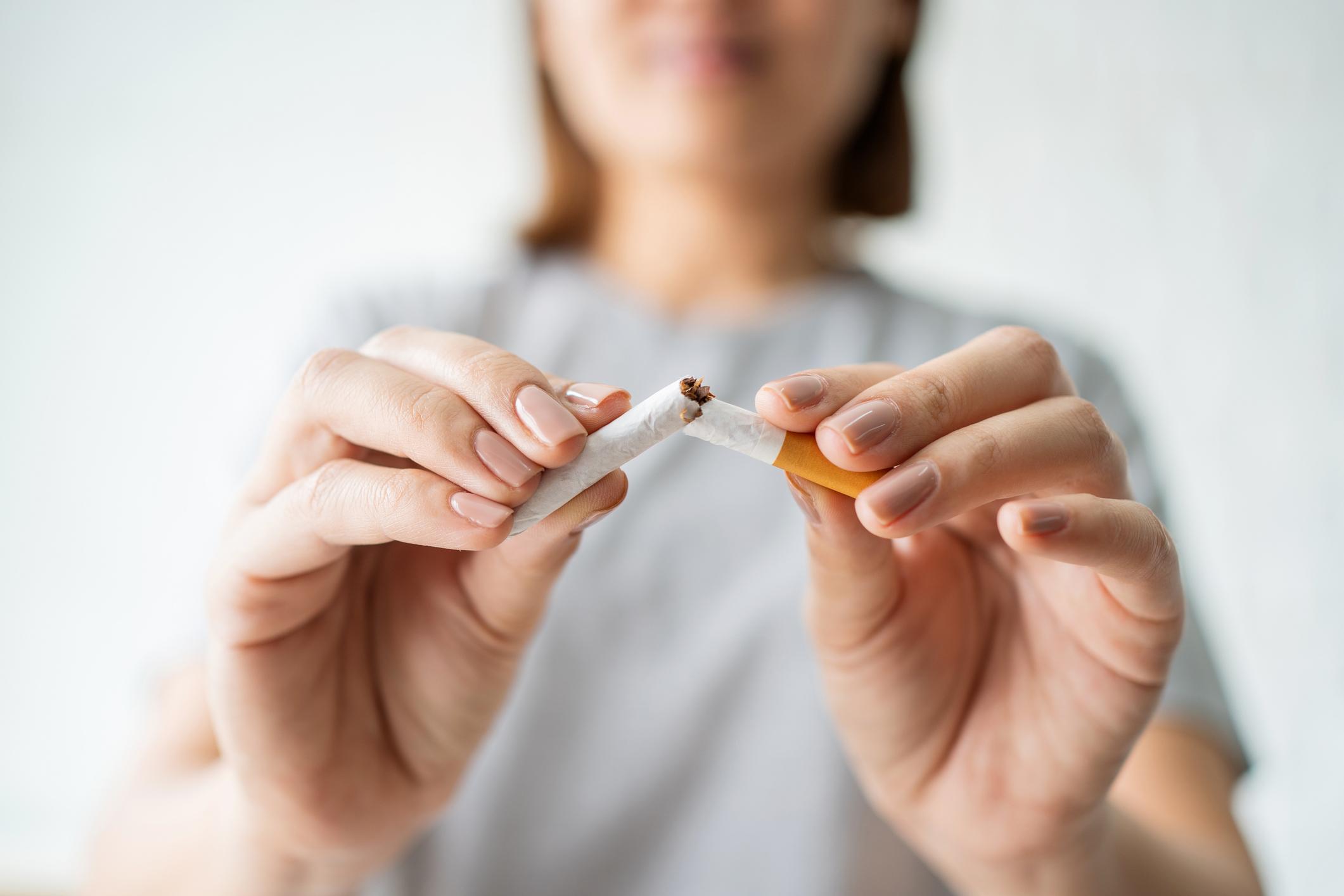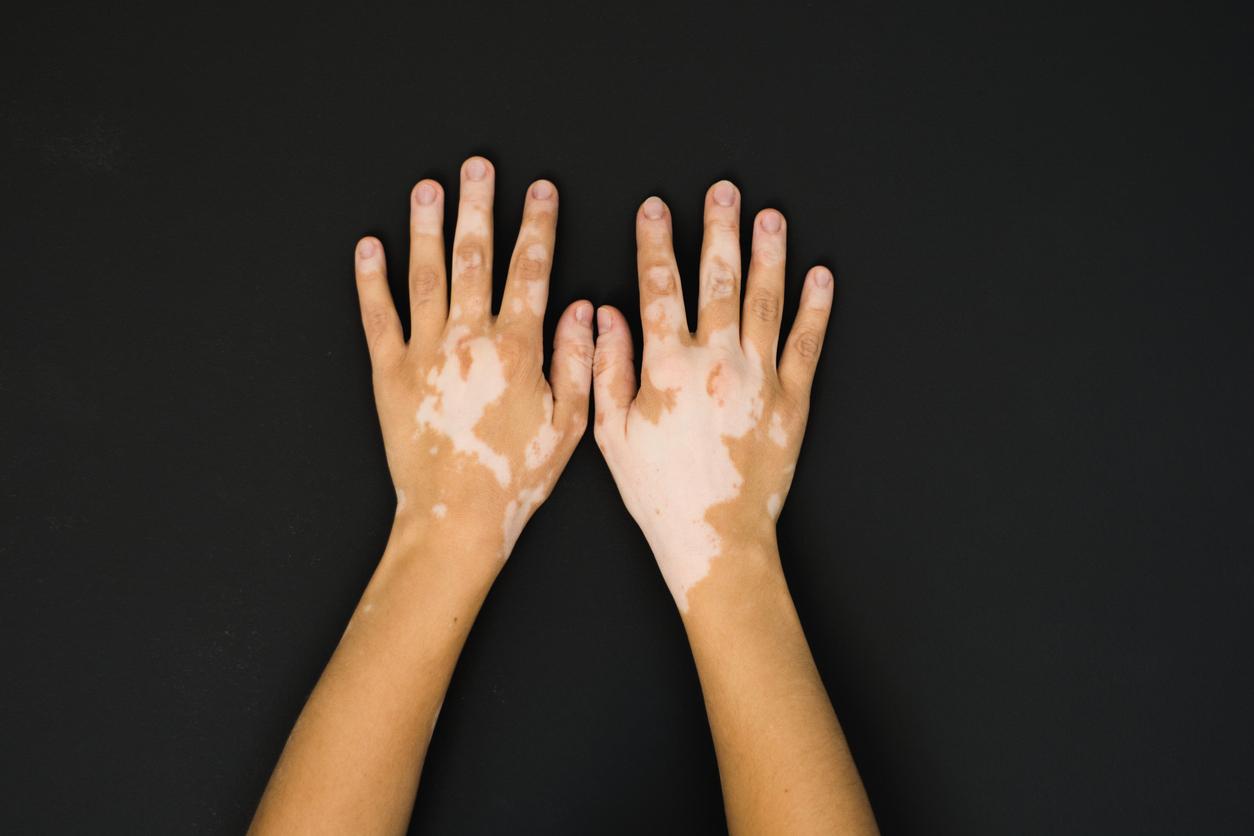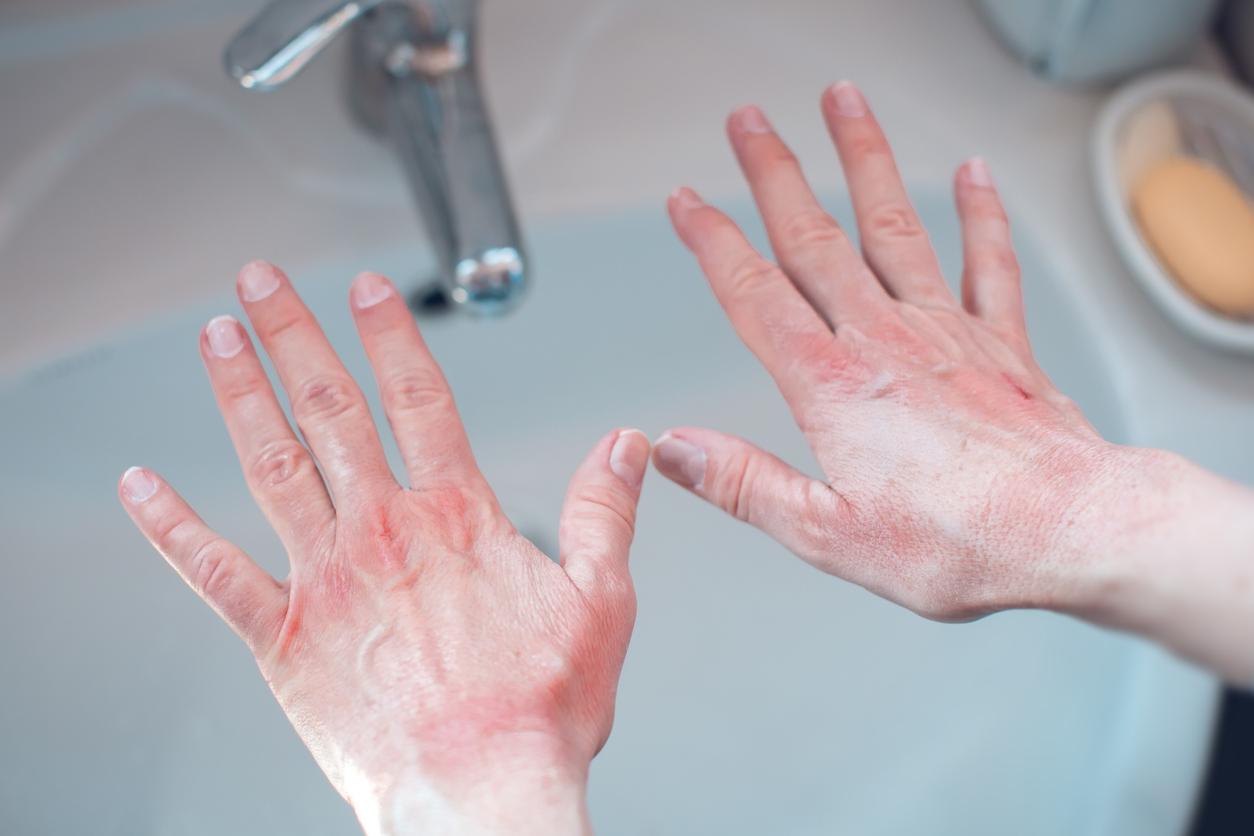A police operation in the wholesale meat industry took place this morning. It concerns the sale of horse meat used in pharmaceutical research.

Almost a year later thehe Spanghero ready meals scandal, it is a new controversy that is about to experience the meat industry in France. Indeed, this Monday, 21 people were arrested as part of a new investigation into trafficking in horse meat. The investigations led by a judge from Marseille are aimed at the marketing of meat from horses that would previously have been used in research for pharmaceutical companies or laboratories. Sanofi Pasteur said on Monday that it had collaborated in the ongoing investigation.
False documents at the origin of fraud
According to information from France 3 Languedoc-Roussillon, several hundred horses have thus been bought from Sanofi-Pasteur on its site in Alba-la-Romaine in Ardèche by a horse merchant from Gard. The latter would then have sold the horses to a trader in Narbonne, in Aude. And that’s when the fraud seems to play out. A forger established in the Alpes de Haute-Provence would then have established many false documents. Three accomplice veterinarians from Gard, Drôme and Cantal are suspected of having contributed to the laundering of horses before they are sold to slaughterhouses.
Meat used to make medicine
“We collaborated in the investigation of the gendarmerie”, told Agence France Presse, Alain Bernal, a spokesperson for Sanofi Pasteur, the vaccines division of the pharmaceutical group Sanofi, specifying that the group had been questioned, “there is some time ”, as a witness. “We take note of the possible fraud,” he said. The lab “uses horses, not for lab tests, but to make drugs.”
Indeed, Sanofi Pasteur affirms to use “horses to produce serums, drugs which save human lives, that is to say which are used to protect the human being against the rabies, the tetanus, the venoms of snakes” , explained Alain Bernal to the Reuters France Agency.
This spokesperson pointed out that the horse was “an antibody factory. “” We vaccinate it, the horse’s body will generate antibodies in the blood. You extract the blood, you extract the antibodies, you purify them and then it becomes a pharmaceutical product. “
The laboratory also indicates that it then resells the horses by stipulating that they must not end up in the food chain and must be used for recreation or in veterinary schools.
Finally, Sanofi has certified that the equines used by the group to manufacture serums, which ended up on consumers’ plates, did not present a danger for human consumption.
Unfit for consumption, according to Benoît Hamon
On the government side, however, we remain more measured. “Impossible to say if there is a health risk”, estimated this morning Guillaume Garot, Minister for Agri-food
“At this stage, there is nothing to say that there is a health problem,” he said. But Benoît Hamon, Minister of Consumption gave this morning on RTL, a more clear-cut point of view: “these would be horses unfit for consumption, which had to end up at the renderer and which would potentially end up at the butcher. “
.

















